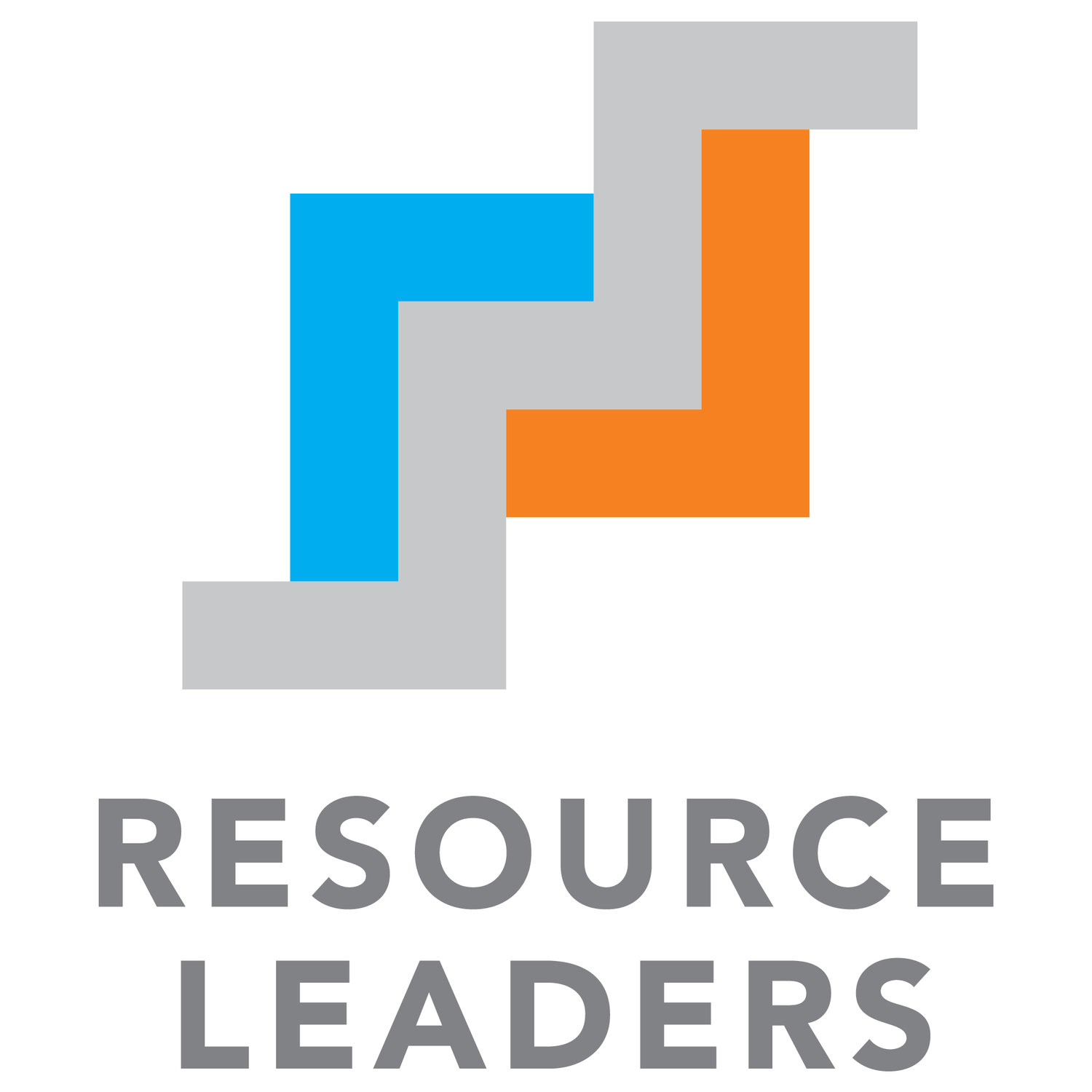In Part 1 of this series we focused on incorporating Predictive Analytics in B2B Marketing. Part 2 addressed the importance of utilizing Content Marketing.
Below in this final part of the series we examine the latest technologies that B2B marketers can leverage to connect with customers.
Emerging Technologies such as Artificial Intelligence (AI), Machine Learning (ML), Blockchain, Virtual & Augmented Reality (VR & AR), and Robotics are creating ripples across industries. B2B organizations can leverage these new technologies to reinvent the marketing, sales and support functions performed by marketers.
An interesting technology which is well-poised to make an impact in marketing is Robotic Process Automation (RPA). An application of AI, it significantly enhances productivity, accuracy, timeliness of routine, repetitive processes, interactions, and tasks in the marketing environment.
AI and ML have paved the way for chatbots and virtual assistants that can provide machine learning optimized recommendations, support and interactions, something which was not imagined few years back.
Predictive Analytics using big data and analytics techniques can recognize patterns in customer behavior and allow marketers to develop customized interactions with their B2B customers to maximize sales possibilities. Predictive Intelligence, a critical component of Predictive analytics, can assist marketers in disseminating the right content at the right time to the right set of B2B audience. As we know, context is key to content marketing in B2B space. Innovative predictive analytics tools can not only help in appropriate content syndication, but in the generation of appropriate content as well.
Forrester Research found three predominant B2B categories of predictive analytics use cases:
- Predictive Scoring: Prioritizing known prospects, leads, and accounts based on their likelihood to take action.
- Identification Models: Identifying and acquiring prospects with attributes similar to existing customers.
- Automated Segmentation: Segmenting leads for personalized messaging
Blockchain is another technology which has the potential to enhance customer satisfaction by inducing more transparency, security, trust, and reliability in a B2B setting. Blockchain can revolutionize record keeping, payment, exchange of contracts and other documents and authentication of transactions to smoothen B2B interactions and thus, elevate customer satisfaction levels. Leading companies such as Walmart have already started experimenting with blockchain technology for supply chain procurement. Blockchain can also be used for creating simple, secure and transparent solutions for managing contracts, and payment transactions, as well as the recording and verifying activity and spend across social media platforms.
AR & VR tools are not only revolutionizing the retail and B2C space, but have the ability to transform B2B interactions as well. The value proposition, brand story and benefits of complex products and solutions sold by B2B marketers can be effectively conveyed to B2B customers by providing a truly immersive, real life like environment with the help of augmented & virtual reality applications. VR technology is not new, but it has now become much easier to produce VR content. B2B Marketers can leverage VR in many ways – for instance providing an experience to one’s B2B customer to enable him/her to view the full line of products without having to take them to the customers as well as view new products that are yet to be created. AR and VR can also be used to enhance one’s presentations and pitches.
We, at Resource Leaders, had conducted a technology survey with our B2B clients/partners. Though we found that Blockchain is still not prevalent, other tools are being actively used, especially in firms where more than 10% of the marketing budget is spent on new technology initiatives/technology tools. The companies also felt that these technologies are a major factor for securing competitive advantage with their customers.
For B2B marketers, the road towards innovation is a critical success factor for exceeding the expectations of their customers. It is a journey that needs to be thoroughly evaluated and undertaken with full support from all the stakeholders - be it top management, employees, vendors or customers. Innovative technologies have the potential to reinvent the relationship, interaction, customer satisfaction, and loyalty with customers.
I welcome your comments, and invite you to share this information.
(This was originally published in the Southern California Business Marketing Association Blog)






